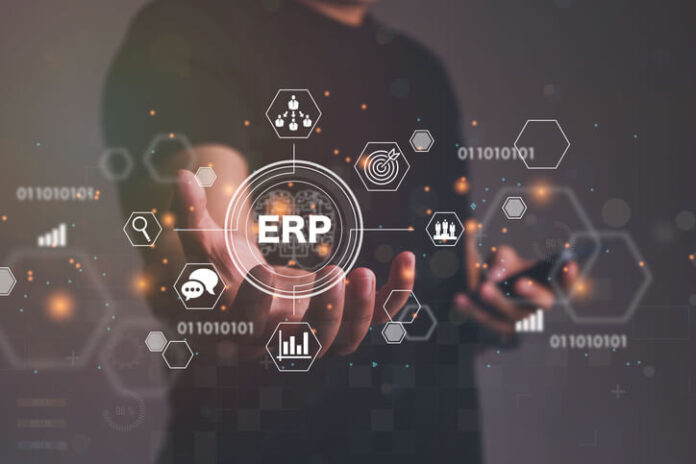An Enterprise Resource Planning (ERP) system is a software suite that integrates various business processes, such as accounting, inventory, human resources, customer relationship management, and other areas of business, into one unified system. This type of software enables businesses to streamline processes, increase efficiency, and reduce costs. It also provides businesses with improved visibility into their operations, enabling them to make more informed decisions.
Integrating an ERP system into a business can be a challenging process, as it requires extensive knowledge of the business processes and how the software can best be utilized. Hiring an experienced consultant like GSI can help simplify the process and ensure that the ERP integration is done correctly. Services from GSI can ensure that the ERP system is optimized to meet the unique needs of the business and provide valuable insights on how to best utilize the software.
When selecting an ERP system, it is important to ensure that the system has the features and capabilities to meet the needs of the business.
Flexibility
It is essential that an effective ERP system be flexible enough to accommodate your organization’s changing needs. With this flexibility, it can easily adjust from one stage of growth to another – providing its users with greater freedom when planning for potential scenarios down the road.
An ERP system must offer a wide array of customization options and user-friendly interfaces that enable organizations of any size to adapt it to their own needs. This flexibility is essential for ensuring that all types of businesses can leverage their benefits effectively – no matter what industry or region they operate within.
Scalable
The sheer enormity of an enterprise can be daunting, but with a well-organized ERP system in place, the proper structure can be achieved. Just one successful implementation may not be enough to accommodate the growth of your enterprise; so, additional systems can be added in order to accommodate expansion.
Typically, enterprises that utilize ERP systems tend to have higher sales volumes than those that don’t – and demand tends to increase as time goes by. Therefore, the need for scalability is essential if you wish to remain competitive within your industry.
Modular
Modular ERP systems are a type of Enterprise Resource Planning (ERP) software that allows for the addition and removal of modules to the core system. This makes it easier for companies to customize the ERP system to fit their specific needs and requirements. Modular ERP systems are beneficial because they allow companies to add or remove modules as needed, without having to completely rebuild the entire system. This makes the system more cost-effective and efficient, as it can be adapted to meet new business requirements.
Companies that use modular ERP systems can also benefit from faster implementation times, as the system can be quickly configured to meet the company’s needs. This reduces the amount of time and resources spent on customization, allowing companies to focus on other aspects of their operations. Modular ERP systems can be easily scaled to accommodate growth, allowing companies to add additional modules as needed.
Mobile-Friendly
For enterprises that operate within the global arena, a mobile-friendly setup is essential. Not only does it enable users to access company data and apps remotely; but it can also reduce the amount of time spent offline due to the lack of a desktop or laptop computer – potentially resulting in more productive business hours.
On top of providing access to your ERP system anywhere anytime, mobile optimization could additionally help to improve onsite conversion rates.
Simple And Easy To Use
It is essential for an ERP system to be easy to use and simple to understand for any business, regardless of size. With the wide variety of features and capabilities that these systems offer, it is important for companies to be able to quickly and easily access and utilize the features that best suit their needs. If the system is not simple and straightforward, users may find themselves wasting precious time trying to figure out how to use the system.
Having an ERP system that is easy to use and understand can also help to reduce the risk of errors and improve the overall accuracy of data and information shared within the organization. This is especially important for businesses that rely on accurate data and insights to make important decisions. With a streamlined system, users can quickly and easily access the information they need in order to gain a better understanding of the company’s performance.
ERP systems are the future of business and workflow. They enable businesses to scale efficiently and remain competitive while maintaining a secure and robust infrastructure. As technology continues to evolve, ERP systems will become even more integral to all aspects of business, making them invaluable tools for success.
















